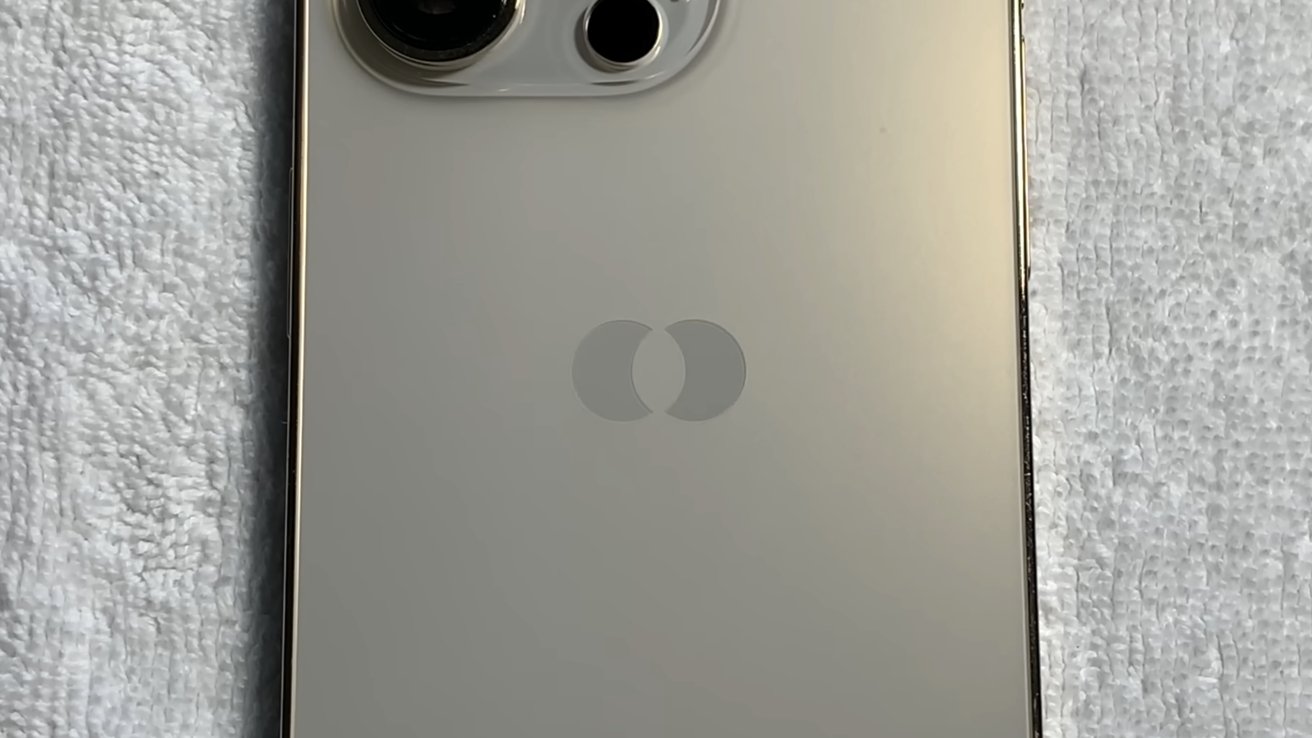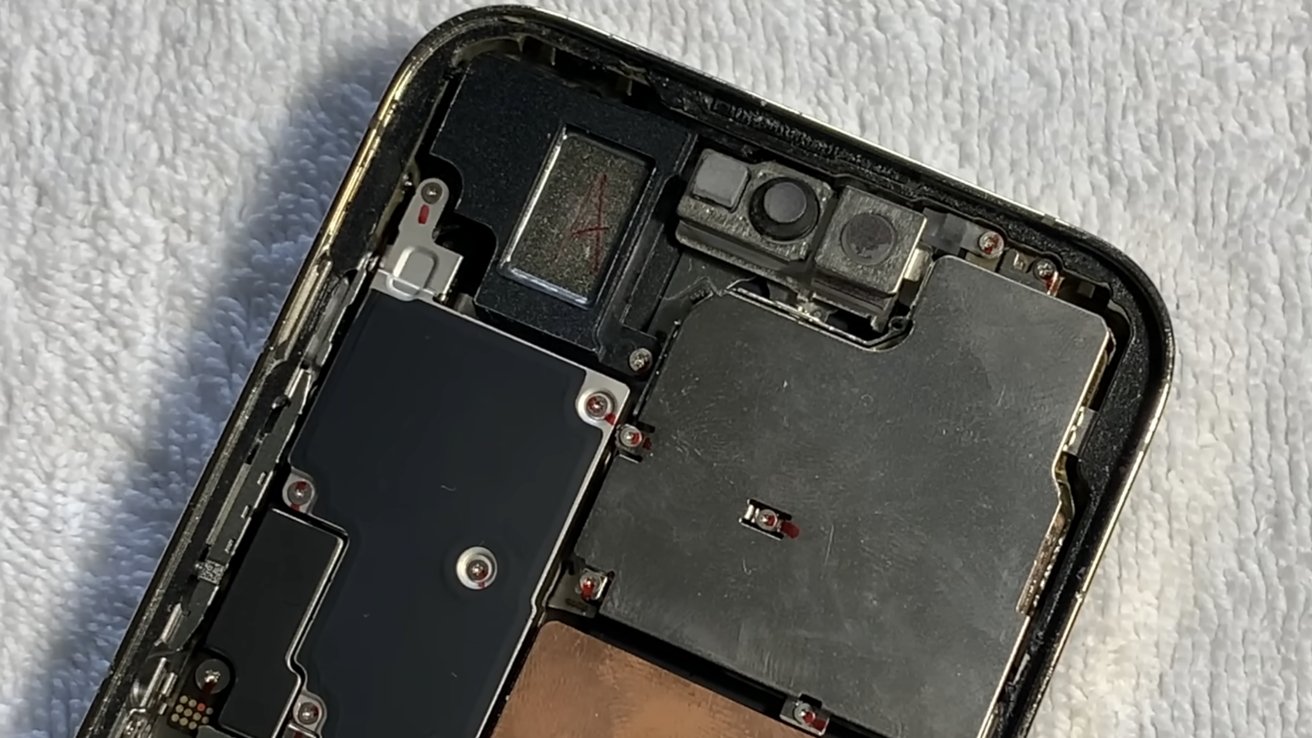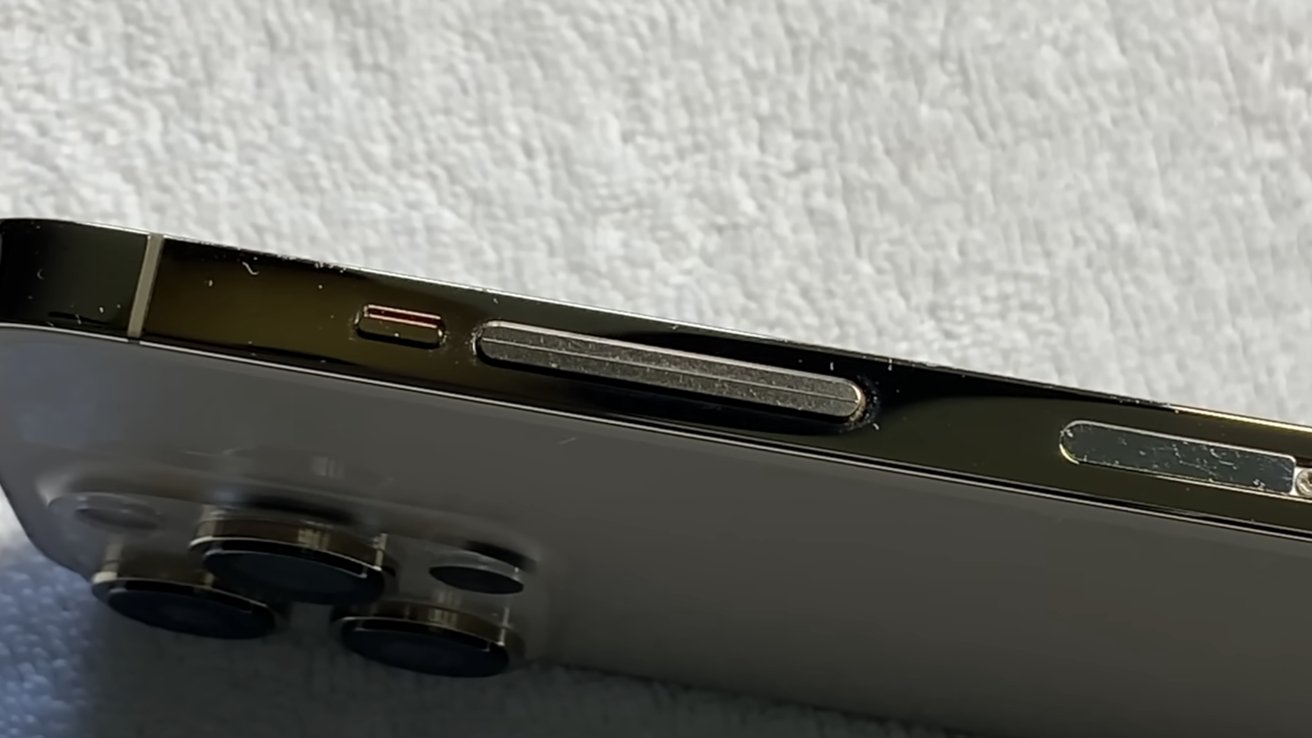A newly-discovered iPhone 14 Pro prototype features one of the earliest known incarnations of Apple’s scrapped haptic button project.
Back in July of 2024, AppleInsider published exclusive imagery of a prototype iPhone 15 Pro Max equipped with Apple’s long-rumored haptic buttons. Developed under the codename Project Bongo, the haptic buttons were supposed to make their debut in 2023 but never ended up on mass-production units.
Following our initial report, the first to showcase Apple’s Bongo project on actual hardware, a second prototype with the same button design has surfaced online. This newly-discovered prototype offers a unique look at the humble beginnings of the company’s haptic button project.
What was Project Bongo, and what did it look like?
With the iPhone 15 Pro, Apple originally wanted to introduce haptic volume and power buttons. The company’s plans for a haptic button assembly date back to at least 2021, two years before the iPhone 15 Pro was scheduled to launch.
The most visible change of the Bongo project was a unified volume button on the left side of the iPhone. The Bongo module featured unique hardware, such as an electromagnetically driven reluctance motor known as the Bongo Haptic Engine, which provided haptic feedback.
An iPhone prototype, shared by AppleDemo on YouTube, bears the codename Ranger, indicating that the device is an iPhone 14 Pro. This can be seen on the side of the unit, just below the unified volume button. This is where most iPhone prototypes have an engraving that contains key details about the device.
During development, the iPhone 14 Pro was known by the codename Ranger. The iPhone 15 Pro was referred to as Vantage, while the iPhone 16 Pro was known as Diablo.
Apple’s more recent iPhone codenames are references to high-performance sports cars, such as the Lamborghini Diablo and the Aston Martin V12 Vantage.
What do we know about the iPhone 14 Pro prototype?
The engraving on the side of the recently revealed iPhone 14 Pro also contains the word “DROP,” which reveals the development stage and overall purpose of the device — drop testing. Devices labeled Drop1 and Drop2 often feature placeholder parts, as is the case with the iPhone 14 Pro in question.
A well-known characteristic of drop-test devices is placeholder logos. The iPhone 14 Pro prototype with a unified volume button features what’s known as a Vessica Piscis logo, something that was also used for drop-test prototypes of the iPhone 15 Pro and iPhone 16 Pro. Drop-test prototypes use this logo despite being instantly recognizable as Apple products.
Drop test units typically lack a functioning rear camera assembly, instead featuring parts made of machined metal, as is the case with this iPhone 14 Pro. The connector for the display is also missing, as are various other components. This is because the device was never meant to feature fully functional hardware.
Instead, such devices are dropped from predetermined heights in order to test the durability of core structural components. The testing is recorded in slow motion, and the resulting cosmetic damage is analyzed in great detail with the use of DSLR cameras.
The newly discovered iPhone 14 Pro prototype has all the hallmarks of a genuine Apple prototype, down to the smallest detail. It’s quite uncommon to see devices as early as this one in collectors’ hands. The unit in question has some differences compared to the device AppleInsider previewed in July of 2024.
The EVT-stage prototype we previewed featured a unified volume button with a notch in the middle, to help users differentiate between the volume up and volume down positions. The recently revealed iPhone 14 Pro prototype instead features a button with a flat surface.
The rough appearance of the button on the iPhone 14 Pro can again be attributed to its purpose as a drop test unit. It was never meant to look nice or resemble the final product in any significant way.
The device is also missing an Action button, featuring a traditional mute switch in place of it. This makes it consistent with other prototypes AppleInsider was told about.
The iPhone 14 Pro prototype features a rough-looking unified volume button. Image Credit: AppleDemoYT.
Prototypes like this one provide useful insight into the creativity of Apple’s engineers and design teams. They can also look quite different from their mass-production counterparts, as neither the iPhone 14 Pro nor the iPhone 15 Pro ended up featuring a unified volume button.
In one of our earlier reports, we outlined many of the scrapped features found on early iPhone 15 prototypes, including a capacitive Action button and a different backplate for the standard iPhone 16.
Another prototype revealed an experimental user interface for Apple’s Mail categorization feature, powered by Apple Intelligence. The prototype was made approximately five years before Apple even announced the feature at WWDC 2024.





